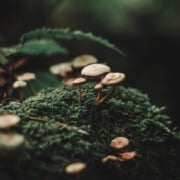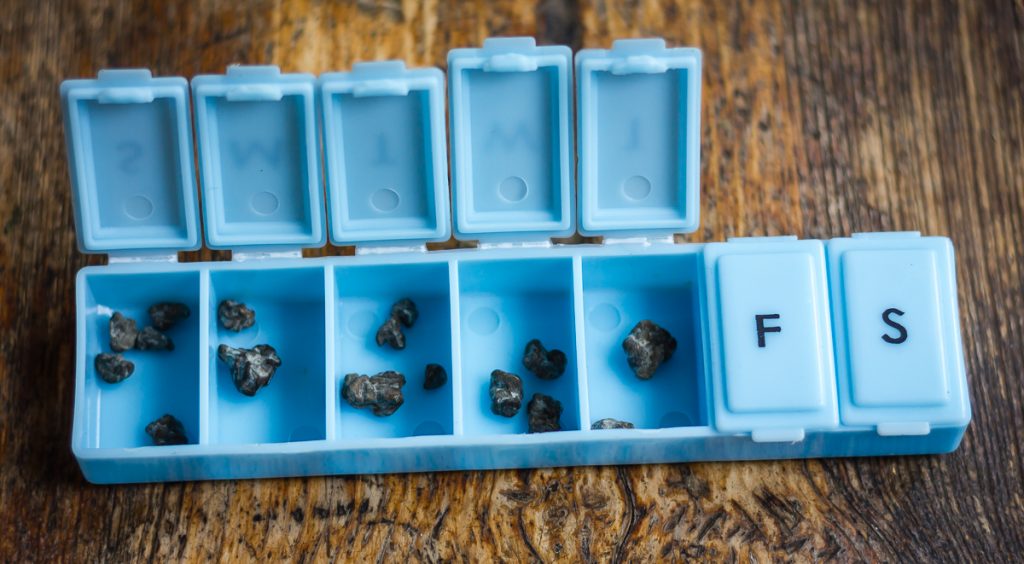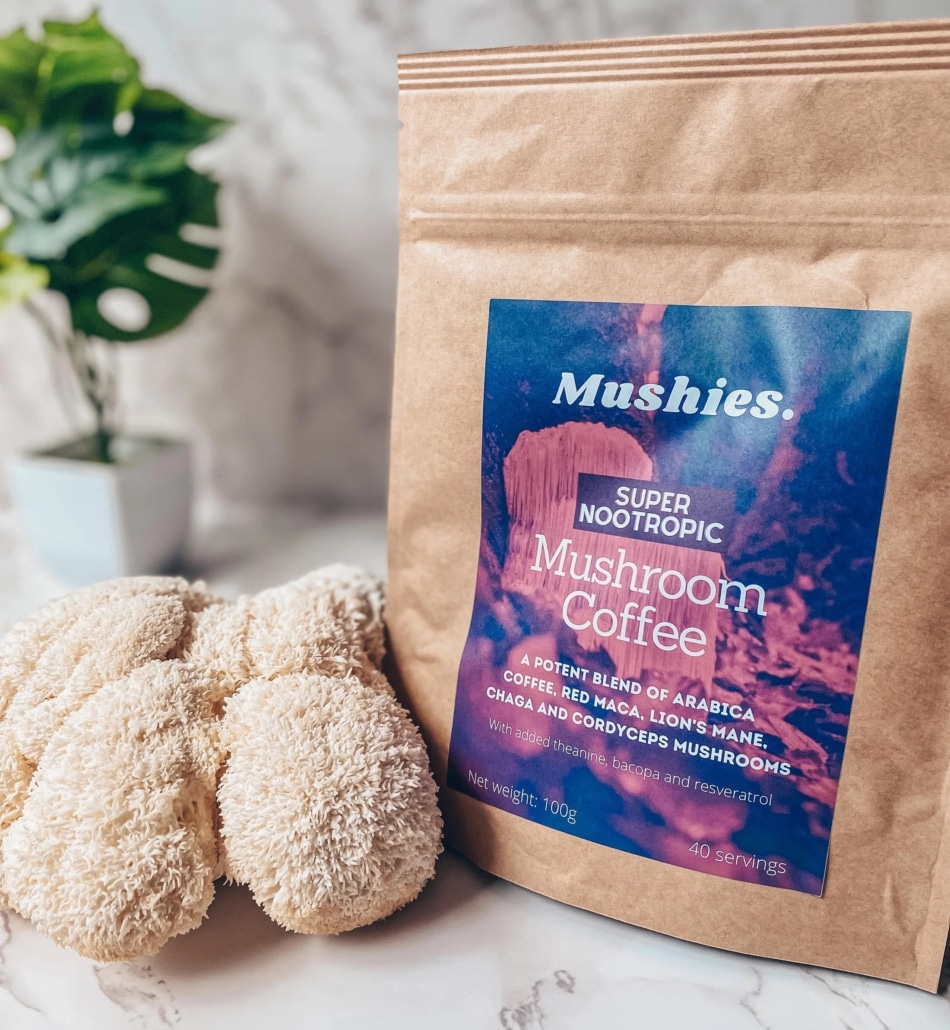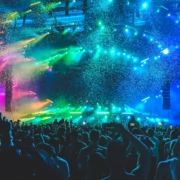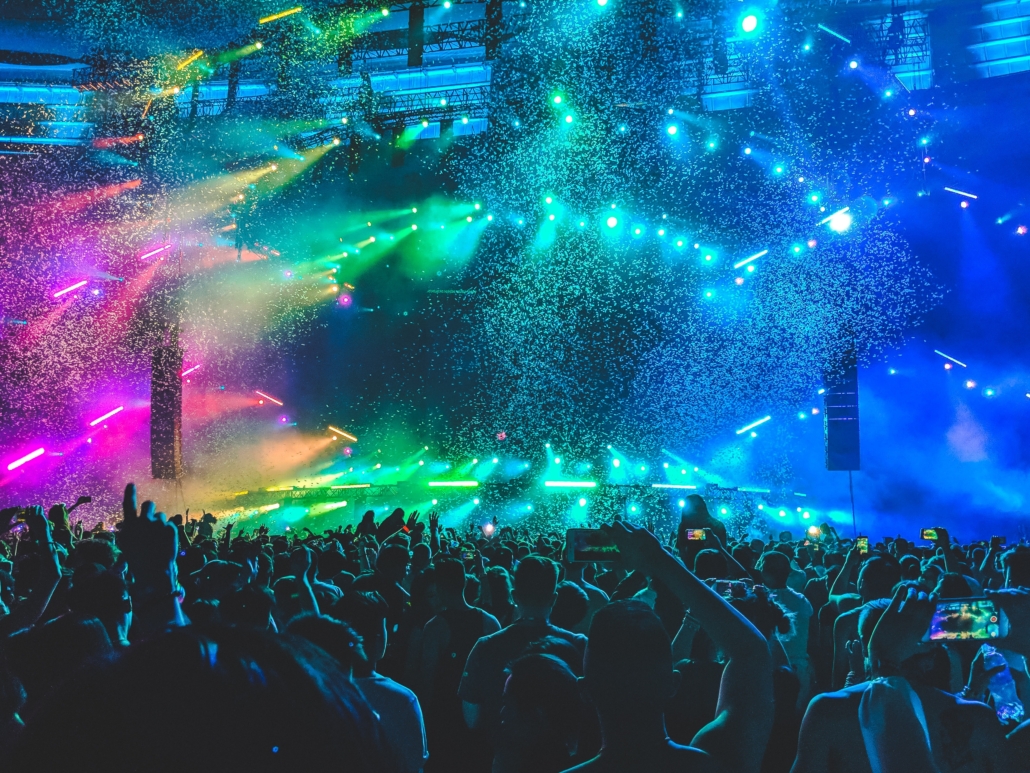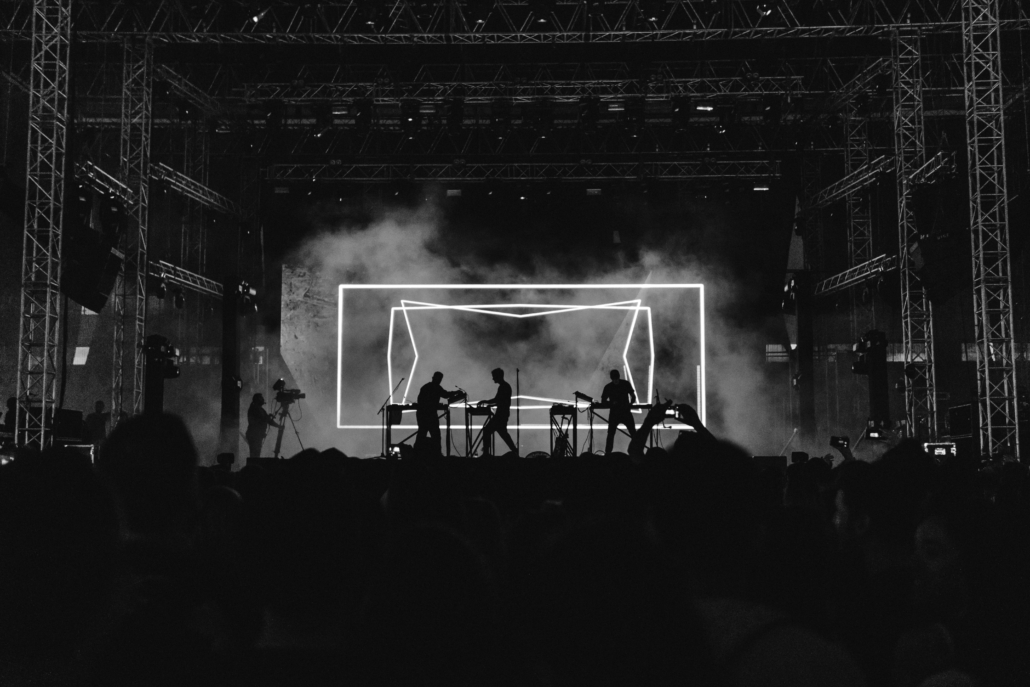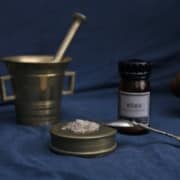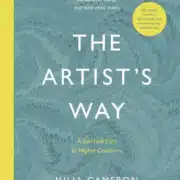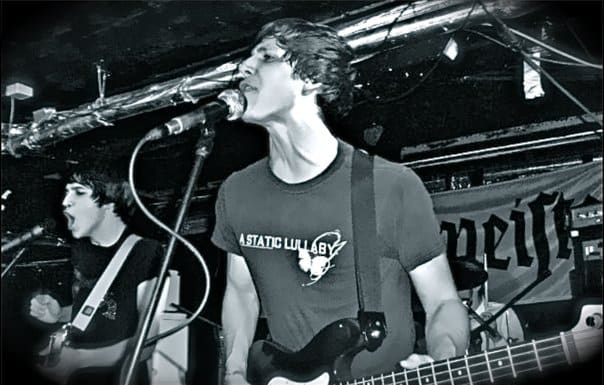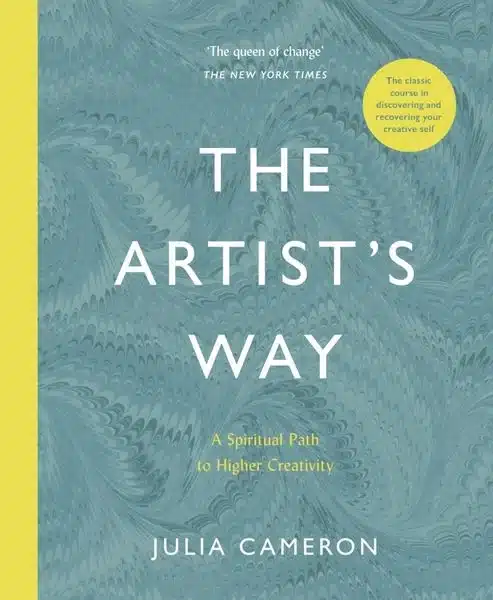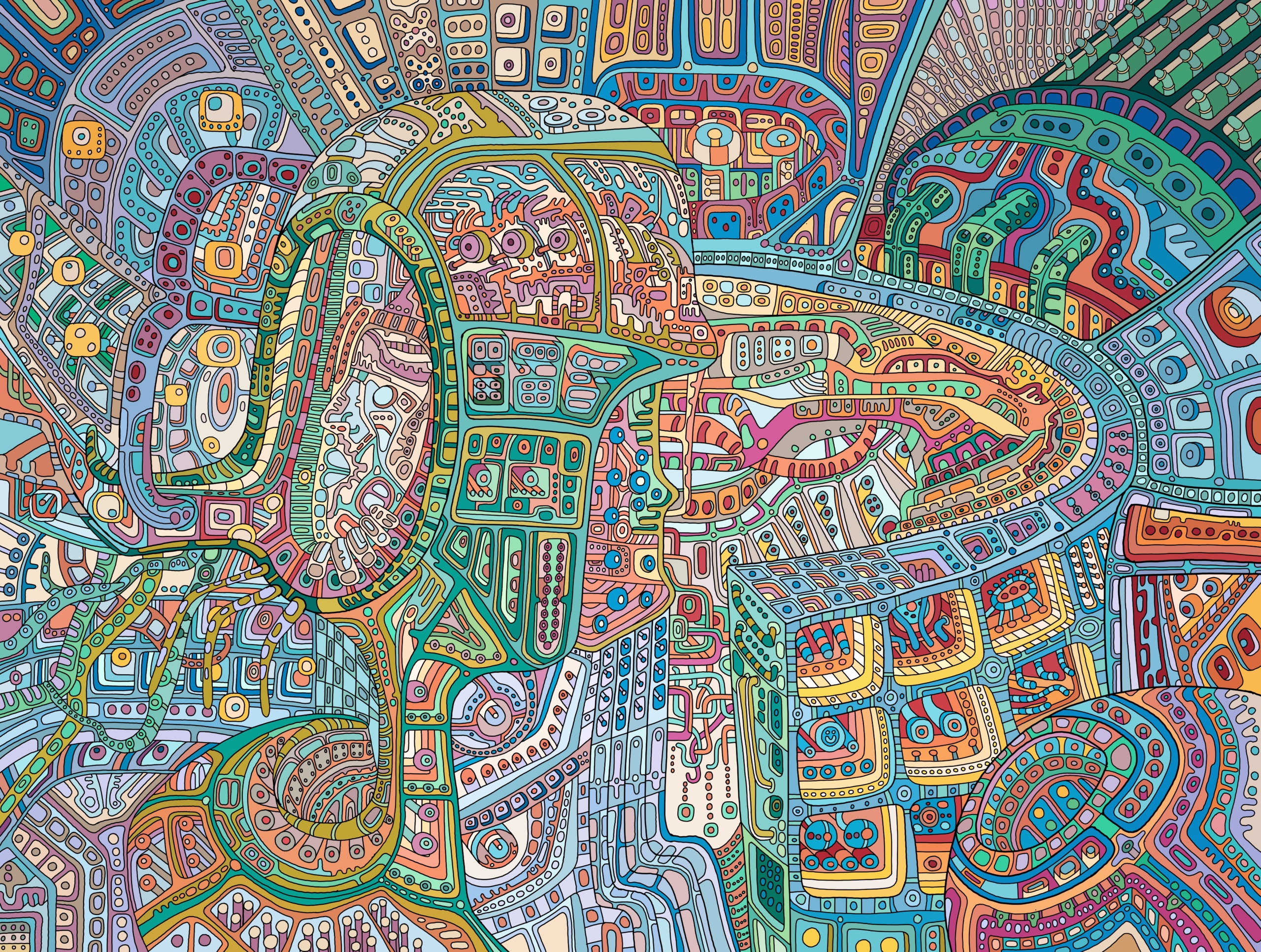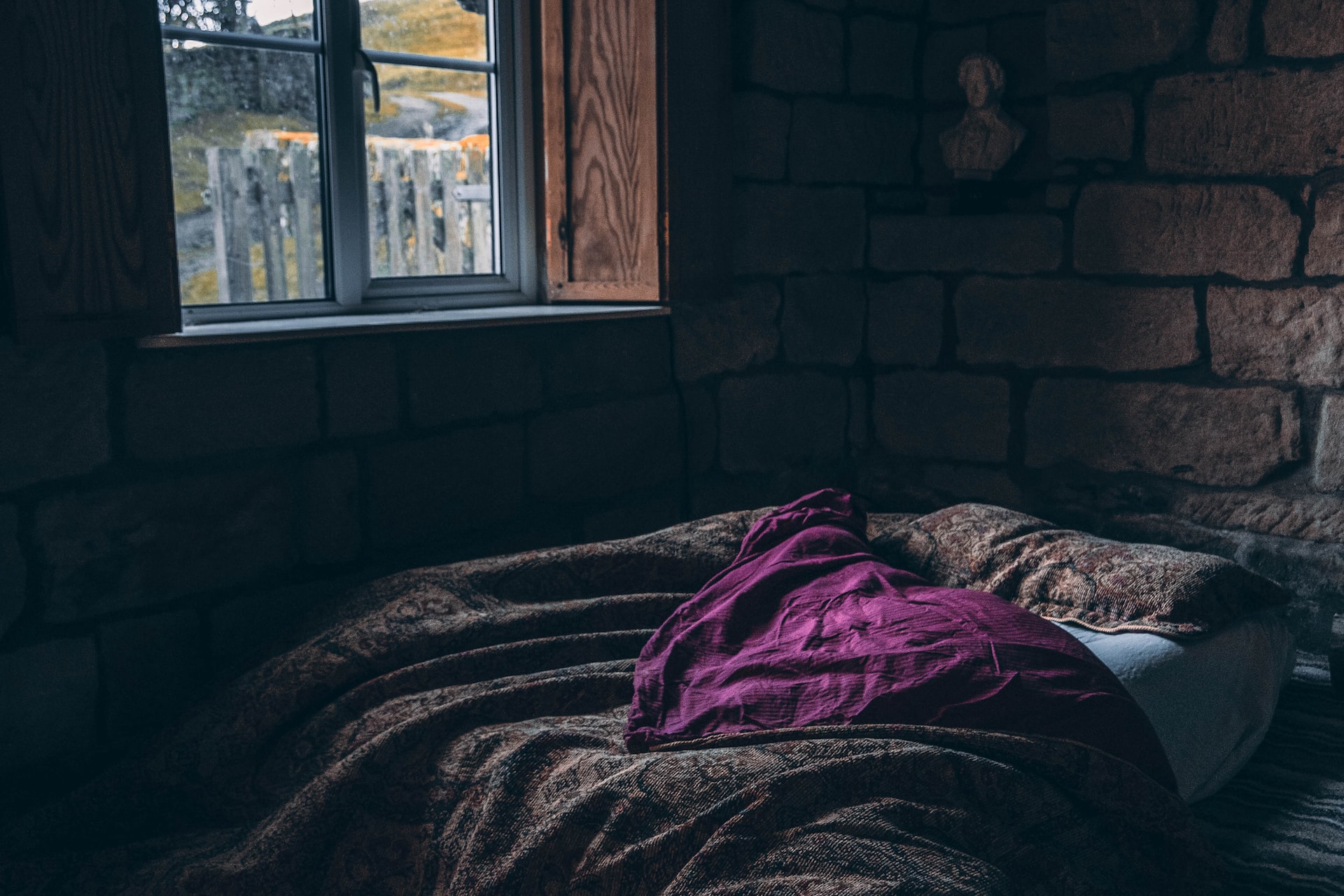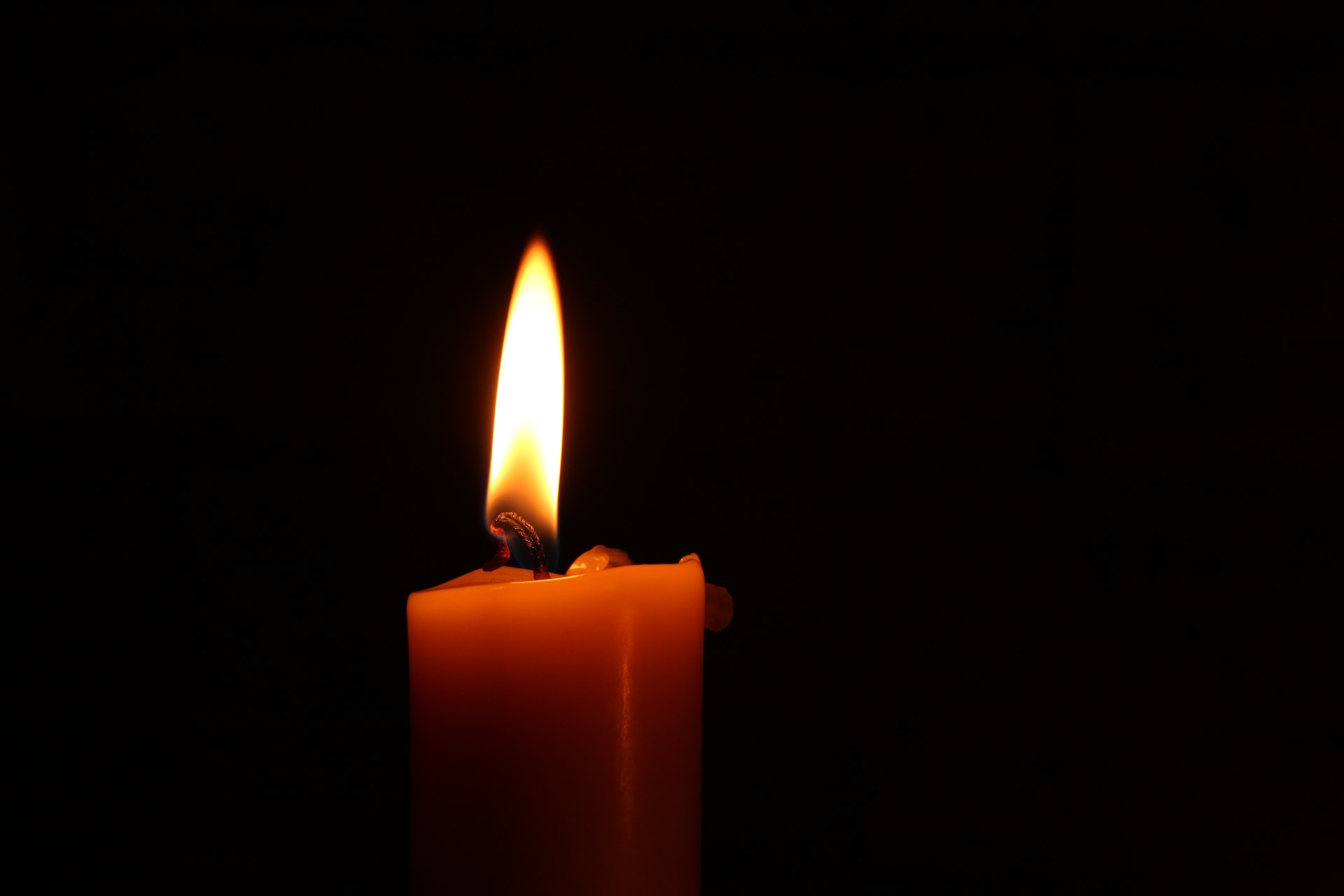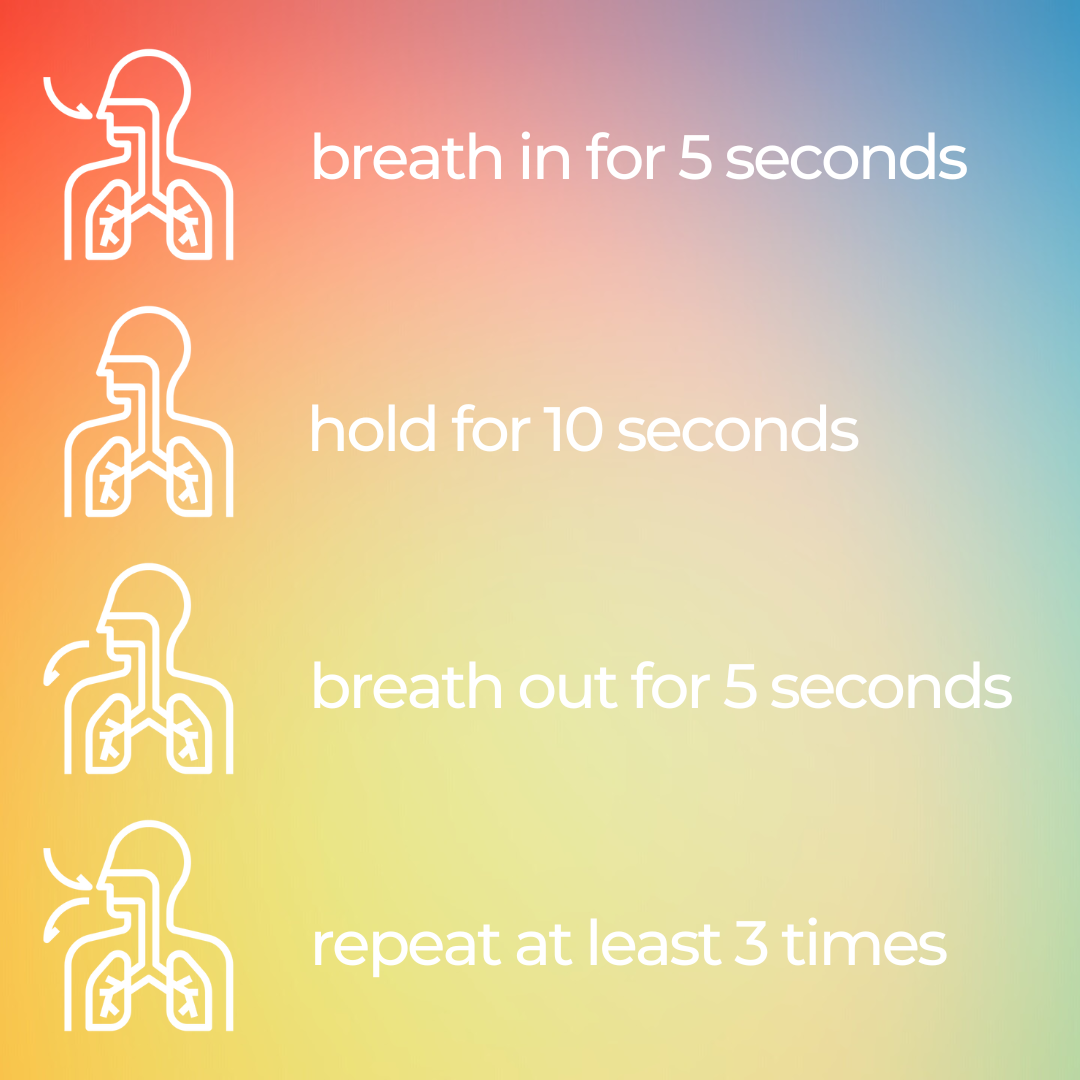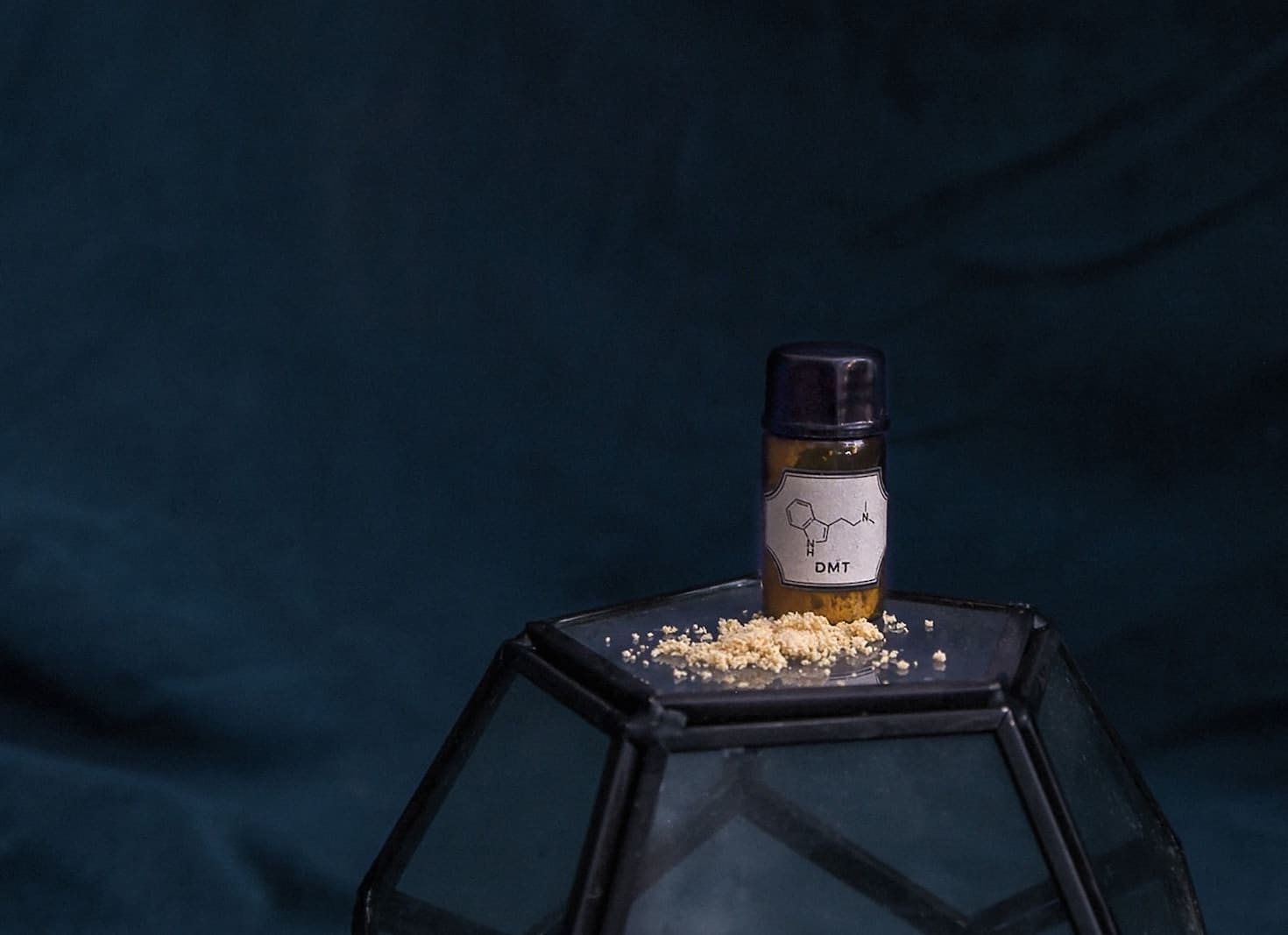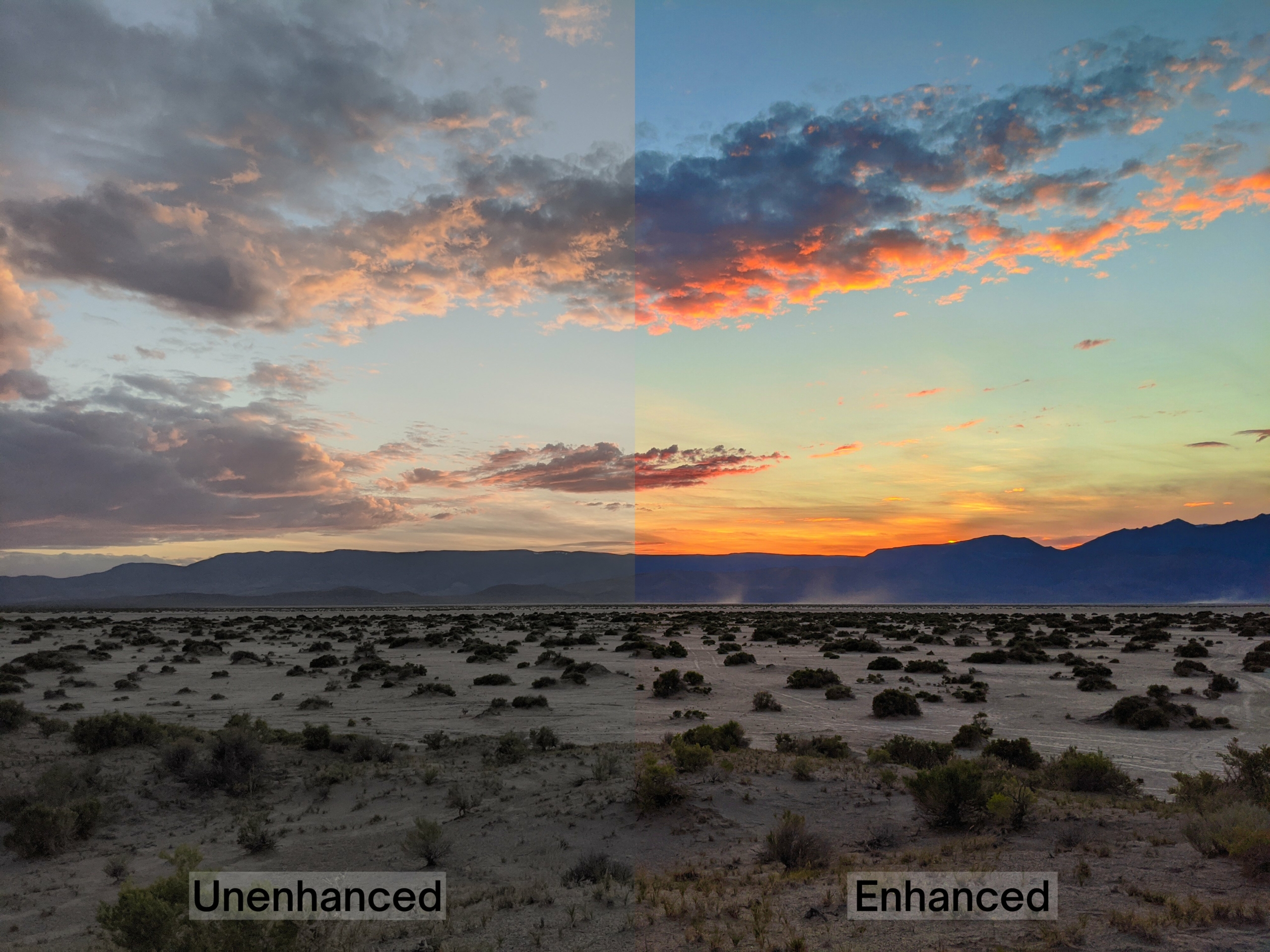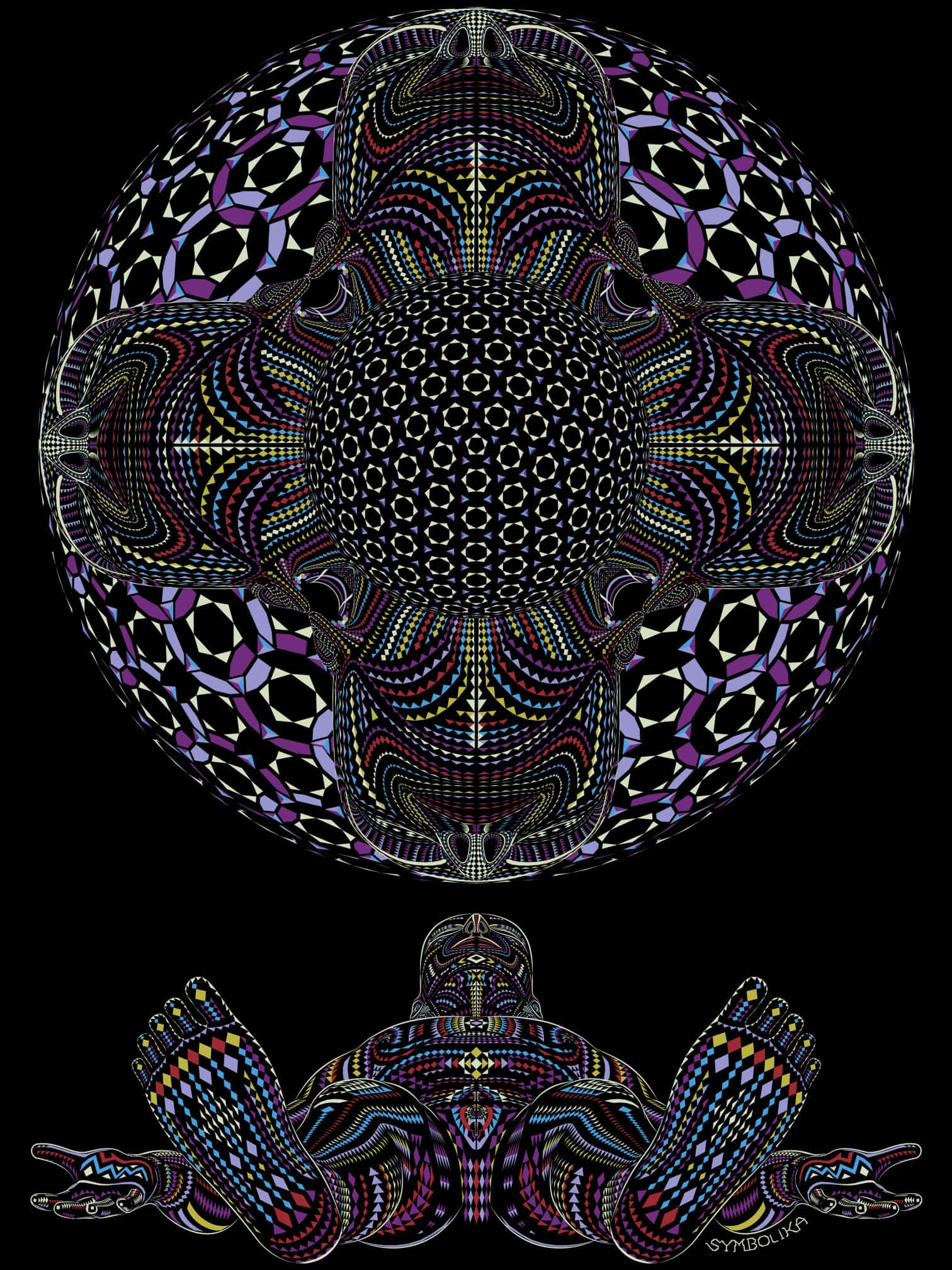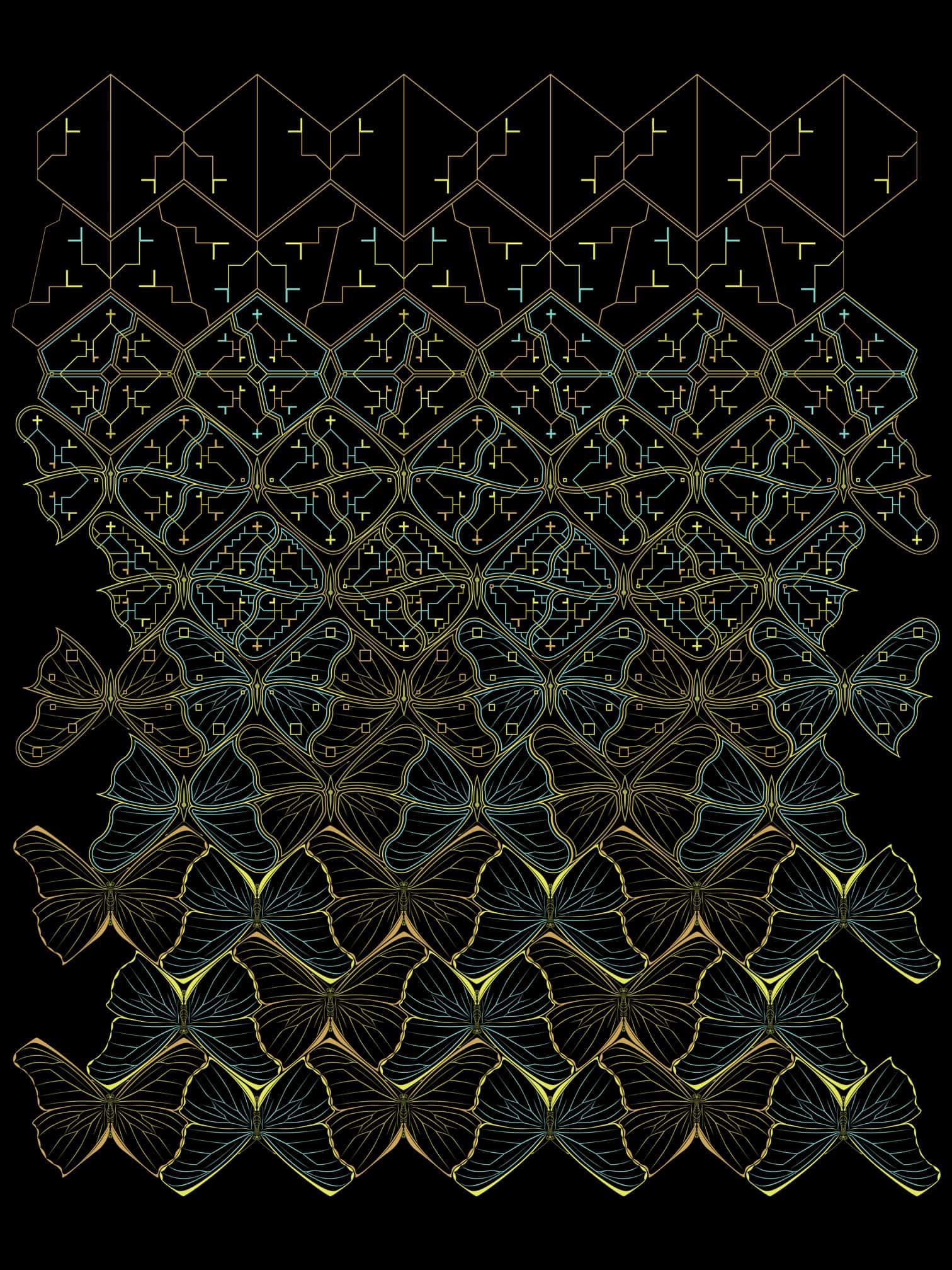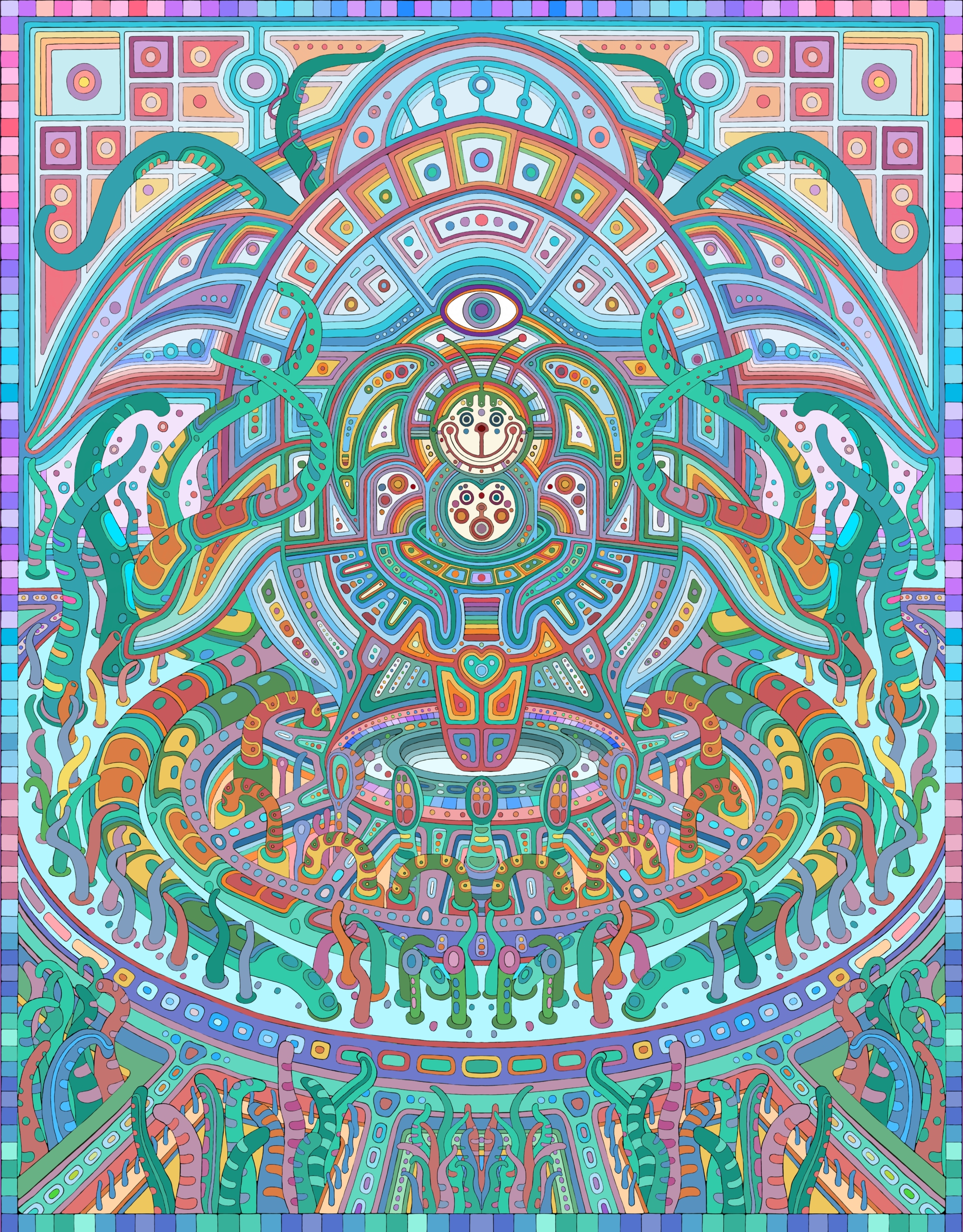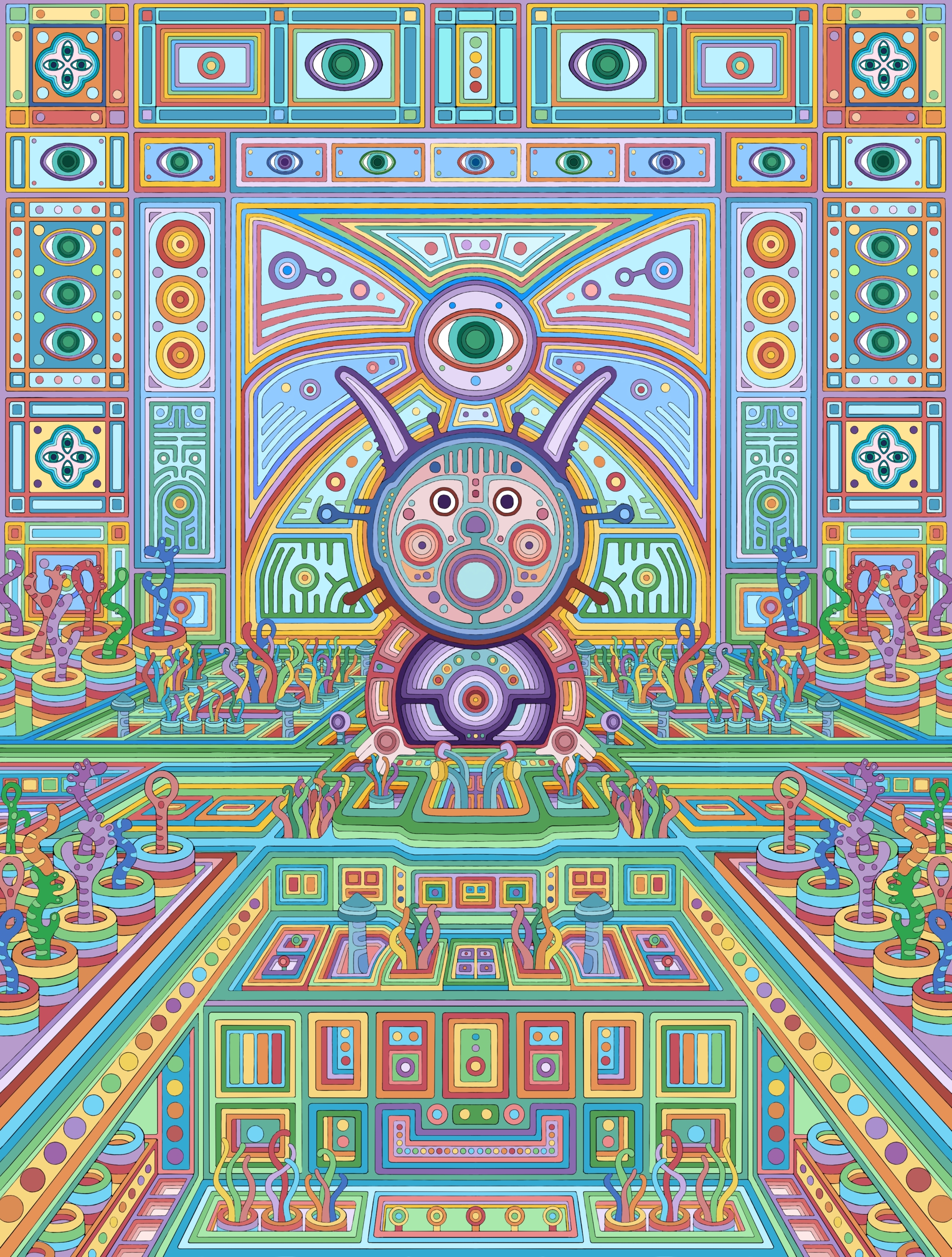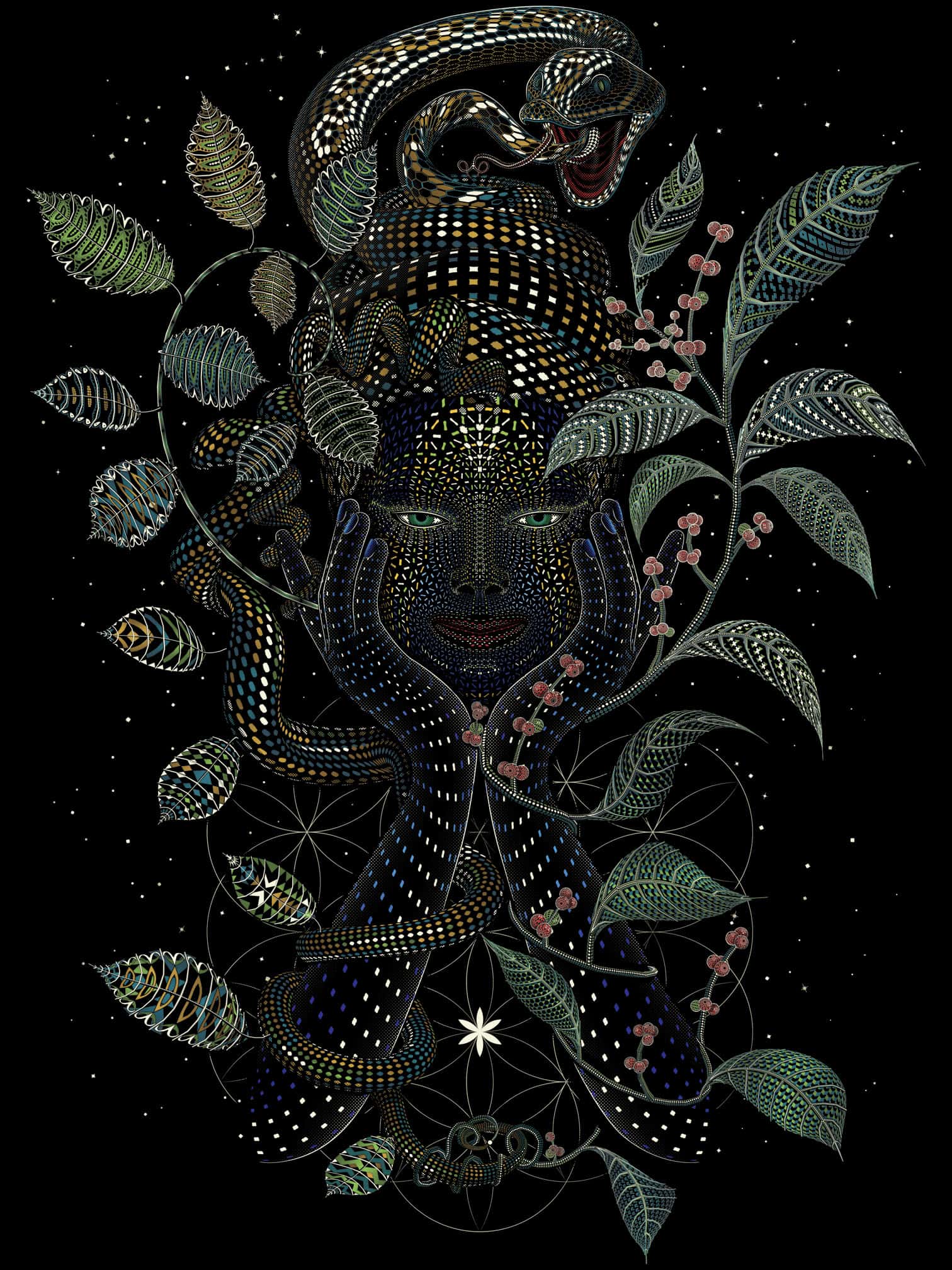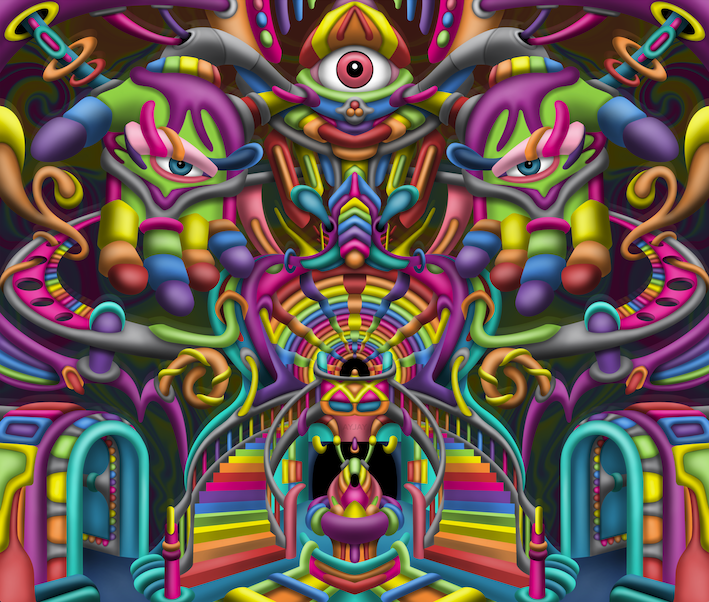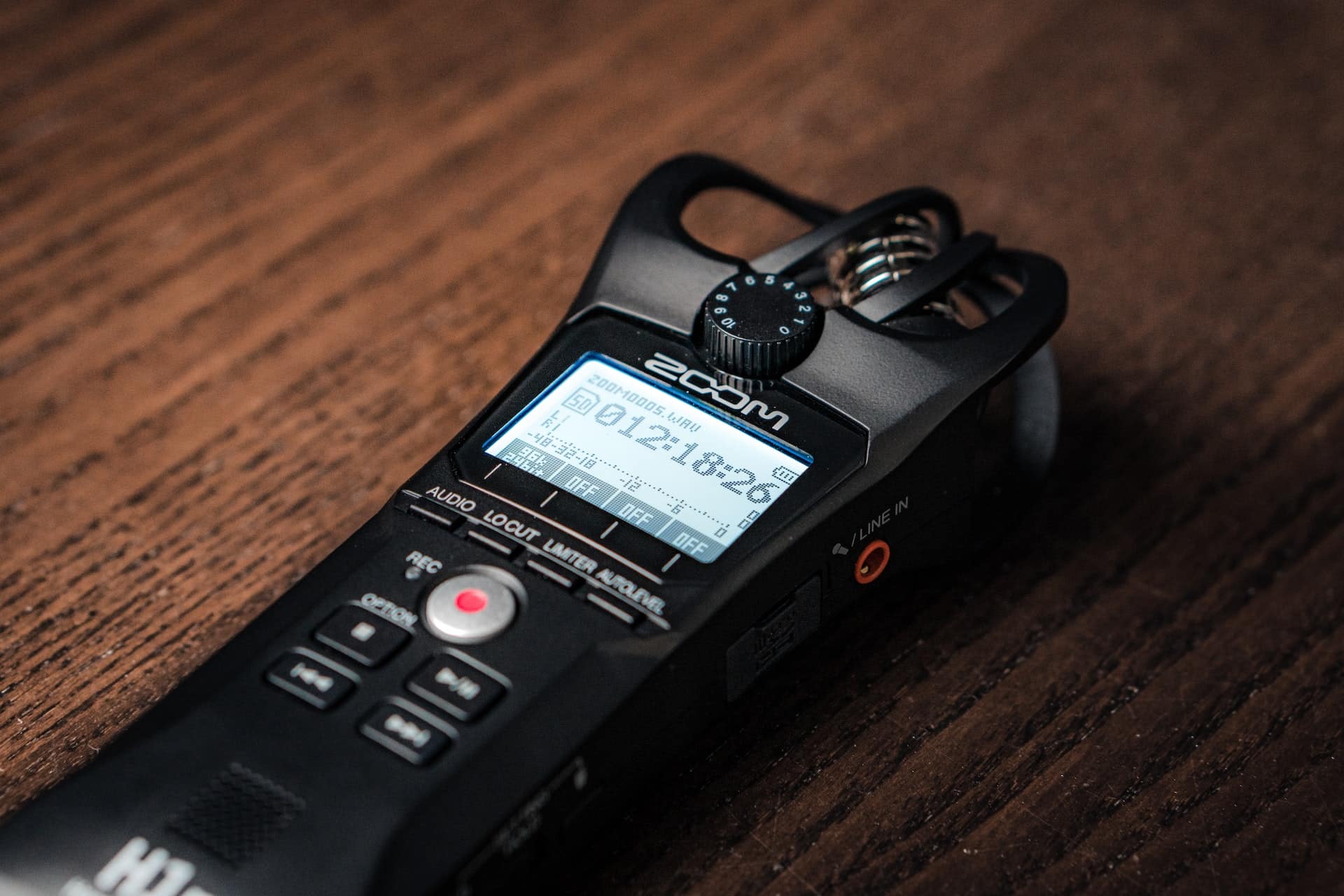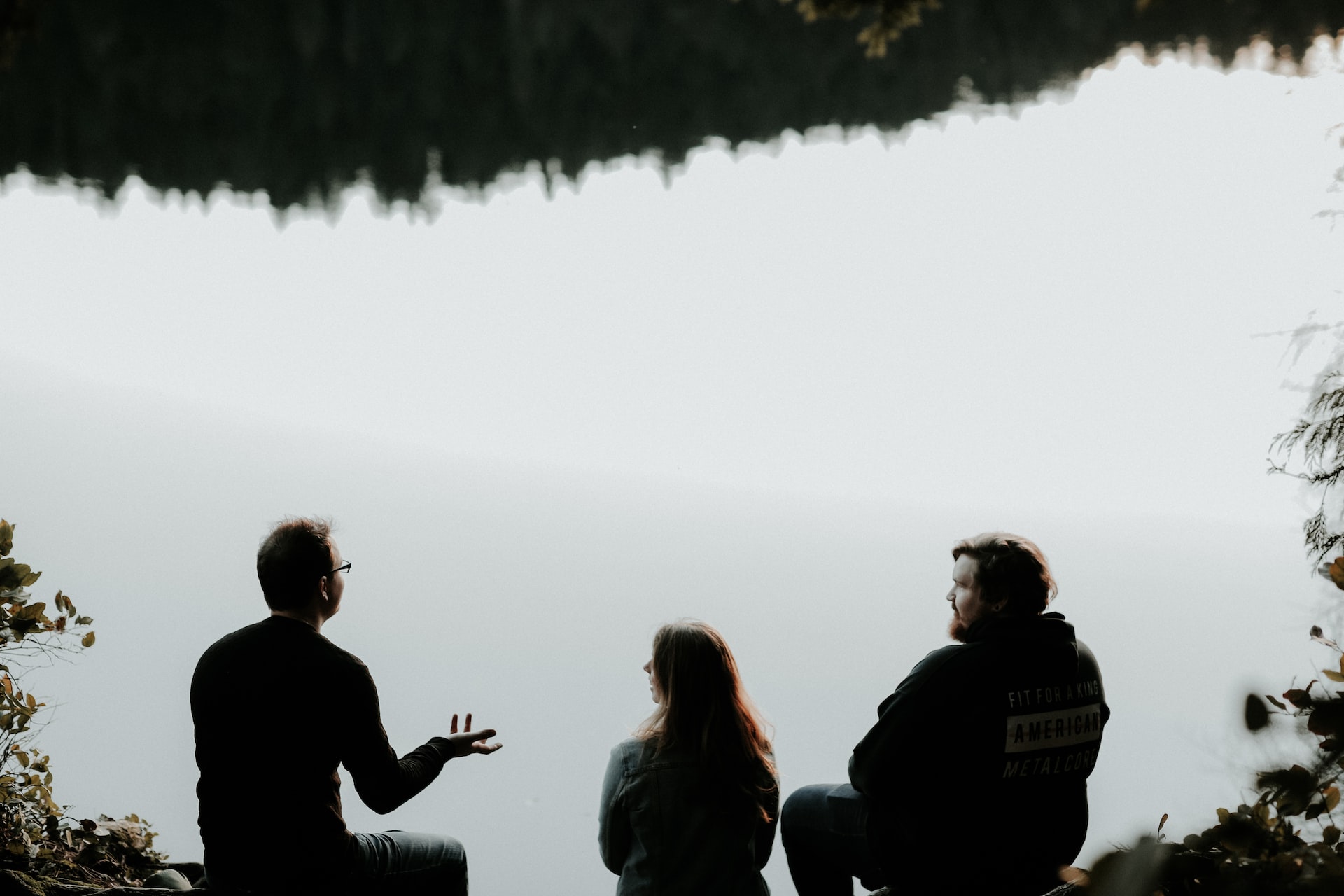Can microdosing change your life?
Many people will tell you that it can. And not only that, but that it has already changed theirs.
Most people who know me know that I typically expound the benefits of larger doses, but I always like an experiment, and if that experiment includes psychedelics, even better. So I thought I’d give it a fresh go, and I recently finished a month of microdosing psilocybin.
In this post, I’m going to share a report of my experience. I’ll also share my protocol, how I incorporated it into my routine, and overall what I experienced during the month, including positives and negatives.
Let’s dive in.
My Motivation and Previous Microdosing Experience
Honestly, I didn’t have a specific intention for the microdosing month. The experiment came about because I wanted to incorporate taking Lion’s Mane mushrooms into my routine (a mushroom touted for a whole host of health benefits). Lion’s mane are regularly taken with psilocybin as part of the now fairly well known ‘Stamets Stack’. So I thought ‘why not give it a go’?
I’ve done microdosing experiments before with LSD to positive results. I’ve also experimented before with micro and low doses of psilocybin, but never consistently or on any kind of regimen.
As the results of microdosing are subtle, it’s hard to pinpoint what’s working exactly. And so far, there is no solid science that tells us that microdosing is more than a placebo.
That said, there is a whole, whole lot of anecdotal evidence that reports on the positives.
The best way to find out if something works for you is to try it yourself.
So, that’s what I did.
My Protocol
Here’s a high-level look at how I conducted the microdosing experiment. I’ll go into more detail on each below.
- 5 days on, 2 days off
- Taken in the mornings with mushroom coffee (including lion’s mane, chaga, and cordyceps)
- Part of my morning routine
- Kept a log
5 days on, 2 days off
I dosed Monday – Friday and took weekends off. This is the pattern of famed mycologist Paul Stamets’ microdosing protocol I mentioned before. The main difference is that I didn’t take niacin, where Stamets’ recommends this. I typically work Mon-Fri so this fit in with my working schedule.
Served With Morning Mushroom Coffee
I incorporated my microdosing into my morning routine. Y’all know I love a good morning routine.
My morning routine for this period was:
– 3-5km run
– Shower
– 10 minutes Box Breathing
– Smoothie
– Microdose Mushroom Coffee whilst reading
– Start work
I would weigh out my dried and ground mushroom dose the night before and put it in a mug with a teaspoon of mushroom coffee. I’d cover the mug and leave it on my sideboard so it would be waiting for me the next day.
I used Mushies mushroom coffee. On weekends when I wasn’t microdosing psilocybin, I still took lion’s mane by way of their capsules and extract tincture.
Keeping a Log
I kept a log during the period. Y’all also know I like to keep drug logs.
I made a makeshift table in my bullet journal with columns for:
- Day and date
- Dose
- Strain
- Time taken
- Notes on the experience (with timestamps where relevant).
Notes on the experience included anything that seemed notable, and if nothing, just a few words about how I felt the day went. This included things like ‘good mood’, ‘productive day’, ‘tingling sensations’ etc. I included timestamps where they seemed relevant, like ‘tingling sensations’, so I could see how long after taking the dose I felt them.
Days 1-4: Finding The Dose
I generally have a higher-than-average tolerance for psilocybin, so I started with a decent dose of 0.3 grams of JMF psilocybin mushrooms.
I planned my first microdose day on a day when I had flexibility regarding my work schedule, just in case it was a bit high.
It was a good idea. I felt a slight tingling even before I had finished my coffee and thought ‘hmmm’. I then noticed the floor moving on a bathroom break not long after.
I knew that I’d taken more than a microdose and wouldn’t get much of the work I’d planned done, so I got comfortable, lay down, and put some music on my headphones. I did find it annoying as I had work I wanted to do, but there was nothing for it.
It wasn’t a real trip (basically level 1.5), so nothing major to report on. I just lay there listening to music. It was light enough that once it worn off, I was able to work in the afternoon.
The next day I scaled right down to 0.03g. I didn’t want to have to skip work again! It was a productive day.
On the third day I went up to 0.04g and reached a threshold experience. I was surprised that I could feel something from so low a dose, but it was unmistakable. I could feel tingling sensations through my body, a slight sense of discomfort, and I needed to pee more often (which I’d experienced on threshold doses of LSD).
On day four I went down to 0.03g and had a good day, so I settled on this for the rest of the month.
My Experience
Positives: Good mood, positive, productive, focused
Overall, I had a good month. Most days I have notes which read ‘good mood’, ‘productive’, ‘positive’ and ‘good focus’, or some combination of those words.
To sum it up I would say I experienced good focus, good mood, general feeling of being upbeat and positive, and forward flowing with motion.
Microdosing by its very nature is very subtle, so it’s hard to say if I would’ve felt like this anyway, but regardless, those are the results. In general, I’d say these are typical of my days, but maybe not quite as noticeably. A friend of mine says he notices his microdose days more towards the end of the day when he reflects back and thinks ‘that was a good day’. So it could be something like that.
This fits in with a lot of the anecdotal reports and the general gist of Ayelet Waldman’s microdosing memoir: ‘A Really Good Day’, if not as radical.
On a smaller note, I also found it easier to make good decisions on a small level, such as making healthy food choices when shopping in the supermarket. That connecting-to-the-big-picture psychedelic effect.
Negatives: Anxiety
I did experience some unwelcome anxiety on two of the days.
One was on a travel day at the end of the month when my train was delayed multiple times as I was heading to the airport. I got fidgety and worried I might miss my flight.
Whilst this is understandable, I would say that I don’t usually feel this level of anxiety in this situation. I would guess that without any dose, I would’ve been more composed. This time, I did some box breathing via a guided audio on my phone which helped cool me down, if only a little.
There was another morning when I read an email that a payment processor was closing my account because of the nature of my business. I don’t normally go into my inbox in the mornings but I needed to get something out of there and the email caught my attention.
As I already had money sitting in that processor’s account, I found this stressful and worrying as I wasn’t sure if this would cause complications with getting said money out. It derailed my morning a bit and put me a bit out of whack.
Again, this would normally be stressful but I think the microdose intensified this. I was actually sweating! I’m not uber cool but I don’t think that would be my reaction on a normal day. It was only a few hundred bucks, not a huge sum.
Aside from my first days when finding my dose, these were my only two negative experiences in the month.
Final Thoughts
My conclusion from this month is that microdoses of psilocybin can intensify my present mood.
If I’m focused and positive, more so. If I’m anxious or worried, more so.
This fits in with psychedelics’ effect of state amplification, though I do find it surprising this happened on so low of a dose. It might have been due to a build-up of subtle effects over the month.
Overall it was a positive month. Even if it was nothing I would personally call groundbreaking, I have continued to microdose on carefully selected days in the meantime.
I would like to add that people experience microdosing very differently. A lot of people report that it lowers anxiety, or helps with depression. Or any other host of effects. This is just one man’s report.
If you’re curious, I would say, try it for yourself!
–
If you’re looking for a good source of mushrooms, I can recommend Mushies. I really enjoy their mushroom coffee!
Use code MAPS for 10% off!

